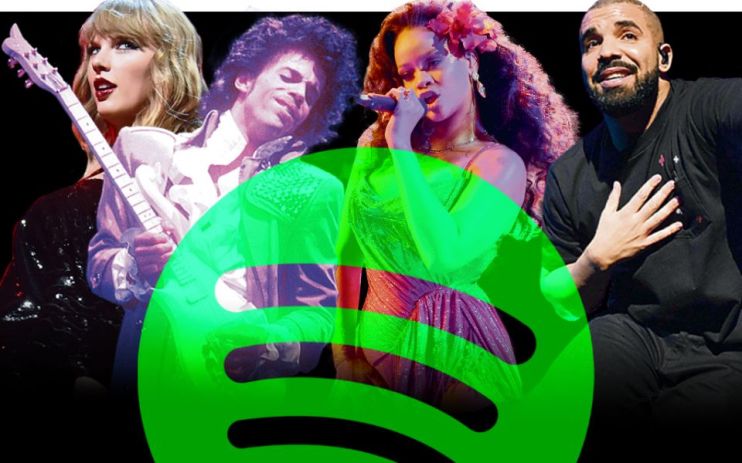Music to Spotify’s ears: Watchdog says streaming intervention not needed

The competition regulator said it will not intervene in the music streaming market, deeming the industry valuable to both artists and consumers.
In its final report published this morning, the Competition and Markets Authority (CMA) found that consumers actually benefited from digitisation and competition between music streaming services.
Prices for consumers have fallen by more than 20 per cent in real terms between 2009 and 2021 – with many services also offering music streaming for free with ads.
The CMA said that the concerns raised by artists are not being driven by the level of concentration of the recording market.
Analysis found that neither record labels nor streaming services, including the likes of Apple Music and Spotify, are likely to be making significant excess profits that could be shared with creators.
CMA’s interim chief Sarah Cardell said although artist’s concerns were “understandable”, she said: “Our findings show that these are not the result of ineffective competition – and intervention by the CMA would not release more money into the system that would help artists or songwriters.”
Digitisation has led to a major increase in the amount of music people have access to and to large increases in the number of artists releasing music (up from 200,000 in 2014 to 400,000 in 2020) partly by opening up new direct routes to listeners.
This has also meant that there is greater competition to reach listeners and for the associated streaming revenues. The study found that an artist could expect to earn around £12,000 from 12 million streams in the UK in 2021, but less than one per cent of artists achieve that level of streams.
The CMA chief said streaming has transformed how music fans access vast catalogues of music, “providing a valuable platform for artists to reach new listeners quickly, and at a price for consumers that has declined in real terms over the years”.
The BPI, which is the representative voice of independent and major labels across the UK, welcomed the report, stating that it “reinforces our view that the most effective way to enable even more artists to have a sustainable career in music is for labels to keep investing in talent and grow the market.”
The study found that there were around 39 million monthly listeners in the UK, streaming 138 billion times a year.
However, there has been some backlash from the creative industry..
The Musicians’ Union general secretary Naomi Pohl told City A.M. that the CMA have primarily focused on how music streaming works for consumers, rather than artists.
She explained that cheap prices, although good for consumers in the short term, was actually a risk to music in the long term.
“In time, this could lead to less musicians making a living from music, or at least a less diverse range of musicians. We do not want a career in music to become the preserve of the rich,” she said.
The Intellectual Property Office is currently looking at whether a fair share of streaming revenue reaches different artists.
According to the CMA’s own analysis, over 60 per cent of streams were of music recorded by only the top 0.4 per cent of artists.